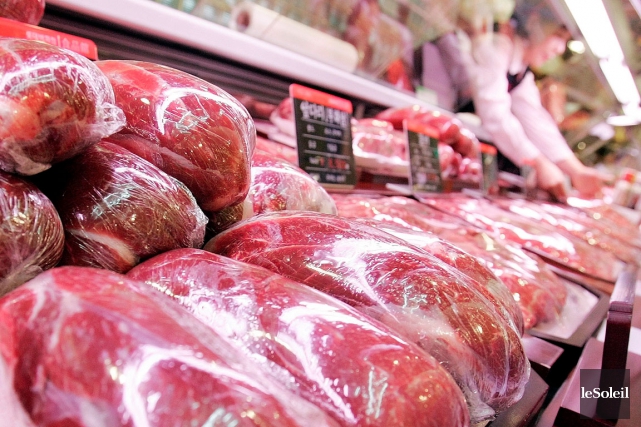Plus d’actions sont nécessaires pour surmonter les préoccupations des acheteurs quant à l’authenticité de la viande et du poisson, après qu’une recherche ait montré que les consommateurs ne font pas confiance à la fiabilité de l’étiquetage des aliments, a dit Leatherhead Food Research.
A recent survey suggested that 43% of consumers were not confident that processed foods contained the meat or fish specified on the label, in the wake of recent scandals such as the discovery of horse DNA in a selection of pre-prepared meals. Respondents were asked to rate their perception of the contents of various foods, with chilled and frozen ready meals among the worst performers with a score of just 5.6 out of ten for meat products.
Unprocessed meat and fish fared best in the survey overall, with supermarkets achieving average confidence ratings of 7.5 for meat and 7.8 for fish. However, whole meat and fish from local butchers and fishmongers beat this, each gaining a confidence score of 8.6.
Leatherhead has published a white paper as a platform from which the industry can seek to rebuild consumer trust. It has also developed an advanced species authenticity testing technology that, the company claimed, makes it quicker and easier to identify or rule out species adulteration.
Leatherhead research scientist Dr Monee Shamsher said: “The food industry needs to take a multi-layered approach to address the myriad issues associated with food fraud. Our new species authenticity testing technology puts the power back into the hands of manufacturers and retailers, but it is only one part of the equation. An assertive, proactive and transparent response is required to tackle confidence issues for consumers. That means acknowledging the risk of food fraud, and demonstrating that decisive measures are being taken to combat the problem. Communicating this publicly is one way to show consumers that the industry has their best interests at heart, and it could also play a vital role in deterring fraudsters.”

